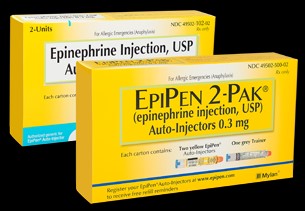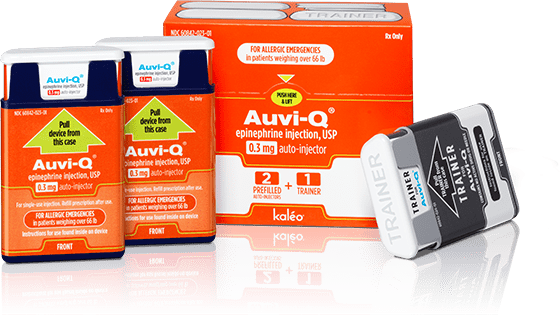As the holiday season quickly approaches, you might be thinking about making some travel plans. Maybe you’re thinking about traveling to a place that’s familiar, or want to catch some sight-seeing at a place far away. Either way, it’s not always easy to travel and manage your food allergy, while enjoying local cuisine, but these 5 tips can make it a little easier for you.
- Carry a food allergy card in multiple languages
If you’re traveling somewhere where people may not share the same language as you it can be beneficial to carry a card that lists your food allergies in the language or languages spoken at your destination. Make sure that your cards clearly list which foods you can’t eat, rather than just stating what you’re allergic to.
- Order with extreme caution
According to Dr. Alyson Pidich, the medical director of the Ash Center, in New York City, and a food allergy specialist, you shouldn’t assume that what you’re eating is safe. Just because your trigger food isn’t listed on an ingredient list, doesn’t mean you should just assume that its fine. Certain foods and drinks, in particular, including sauces, salad dressings, soups and cocktails hide common allergens such as wheat, nuts, dairy and shellfish. It’s always better to be extra cautious.
- Bring your own food stash
It’s a smart idea to pack plenty of snacks and a few meal replacement options on your trip, if you can. There’s nothing worse than going hungry on your trip because you can’t find enough safe food to eat. Good options to pack are nonperishable foods like protein shakes, jerky, dried fruits, or nuts (if you aren’t allergic to nuts).
- Consider booking a hotel room or a Airbnb with a kitchen
Having access to a kitchen means you can prepare some meals for yourself. This also cuts down on the stress of not being able to find allergy-safe food to eat.
- Don’t forget your allergy medicine
Even if your food allergy isn’t severe, you shouldn’t leave home without your allergy medicine. Don’t assume you can buy what you need locally, depending on where you go. It’s better to have it and not need it, than to need it and not have it. You should also make sure to familiarize yourself with your destination’s rules and regulations about prescription (and nonprescription) medication, so you’ll make it through customs with your medicine.





 Allergy immunotherapy is a form of long-term treatment that decreases symptoms for many people with allergic rhinitis, allergic asthma, conjunctivitis (eye allergy) or stinging insect allergy.
Allergy immunotherapy is a form of long-term treatment that decreases symptoms for many people with allergic rhinitis, allergic asthma, conjunctivitis (eye allergy) or stinging insect allergy.